The eight Minchew siblings, or half-siblings, were the product of one mother, Mary, and three different fathers – the eldest two children being from Mary’s wartime relationship with an American GI, Thomas Johnson, a liaison that ended when he was packed off to D-Day. We were left assuming that Johnson had caught a bullet on Omaha Beach, it being revealed towards the end of Gabe Solomon’s film, however, that he had in fact survived the war, returned to Philadelphia and raised a new family.
The identity of the second man to sire Mary’s offspring remained a secret – one that the 80-year-old Minchew matriarch seems intent on taking to her grave. Mary was bedridden and therefore unavailable to the filmmakers, which was a pity in a way, but I imagined her lying at home in her picturesque cottage and thinking she was well out of it.
Her reputation certainly didn't suffer in her absence, and, as with Mary's New Testament namesake, she came blessed with a good deal of hagiography. Personally, I would like to have heard her identify the mysterious second father, but perhaps this was more nosiness than having the best interests of the Minchews at heart. Anyway, it was Mary’s husband, Harry Minchew, father of the four youngest Minchews, who gave the family its name, adopting Mary’s older offspring and generally being big-hearted and loving to all of them, irrespective of their DNA.
It was Harry’s generosity that inadvertently led to one of the family feuds – when step-son Noel, a serial businessman, borrowed money from Harry, with the result that (to cut a long story short) Harry lost his house. The fact that Noel later made no attempt to pay Henry back understandably rankled with the other Minchews, but, by now, Noel had become an alcoholic, with nine children of his own from two marriages. And two of the other brothers had fallen out over what one of them had said, or hadn’t said, to the other one’s wife. Was any of this interesting? Are strangers’ family messes of any fascination to the general viewer?
Up to a point. Channel 4's current, access-all-areas observational series, The Family, is providing a fascinating portrait of a British-Indian family, in all its complexity and with all its contradictions. This was a different sort of series, with elements of Who Do You Think You Are? and the satisfaction of seeing pieces of a genealogical jigsaw being put into place.
The glimpses of personal and social history were also intriguing. Mary was a 17-year-old housemaid when she met her wartime GI, her employees more or less adopting her two children, Beryl and Dennis. Then, for reasons unclear, Mary and her employers could no longer cope, and Beryl and Dennis were left to roam the streets by day and sleep in public toilets. They were eventually taken into care.
But it’s clear that by gathering the Minchews in one place, what the producers sought above all else were tears, hugs, recrimination and that all important “closure” - and the film was punctuated by the sound, like machinery in need of a really good oil, of grown men struggling with new ways of speaking.
Fifty-three-year-old Stewart was the driving force behind the reunion. Ironically for this soi-disant “plain-speaking” man who found “words hard to swallow”, Stewart had developed mouth cancer, and it was this intimation of mortality that had encouraged him to patch things up with his siblings. Stewart was himself seeking forgiveness from his younger brother David. As a 12-year-old, Stewart had blinded David in one eye after initiating a game with a live .22 bullet. David, who had had a good 40 years to get used to following in the footsteps of Lord Nelson, as good as said, “Think nothing of it.”
The showdown between Stewart and Noel over Noel’s unpaid debt was a bit of a damp squib, thanks to the former’s embarrassment and the latter’s relative glibness and propensity to be rather too easy on himself (“All me demons are in order,” he had announced early on). As so often with these family dramas, money was at the root of many of the fissures. Jane Austen would have appreciated the polite wrangling over their prospective inheritance – Noel, to murmurs of satisfaction, gamely writing himself out of any share of Mary’s will.
Anyway, the Minchews seemed a nice enough bunch, and the programme was all reasonably diverting stuff. The makers of We Are Family are obviously banking on what another great writer, Leo Tolstoy, wrote in Anna Karenina – the gag about every unhappy family being unhappy in its own way. If Tolstoy got it wrong, and shows like Wife Swap suggest that he might have, then the series as a whole might be asking just a little too much of our indulgence.

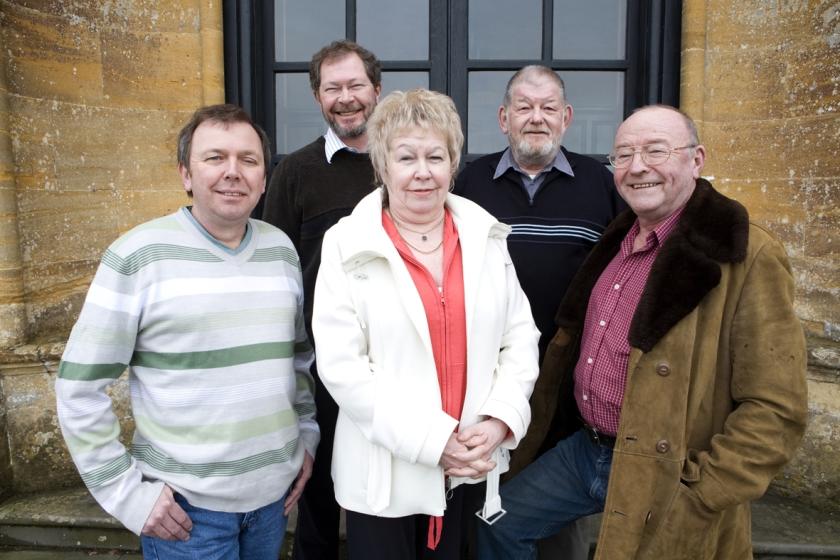
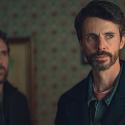
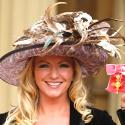
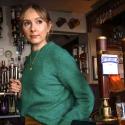
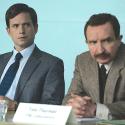

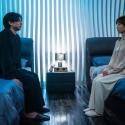

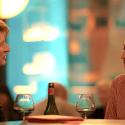


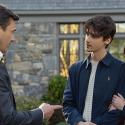
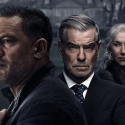
Add comment